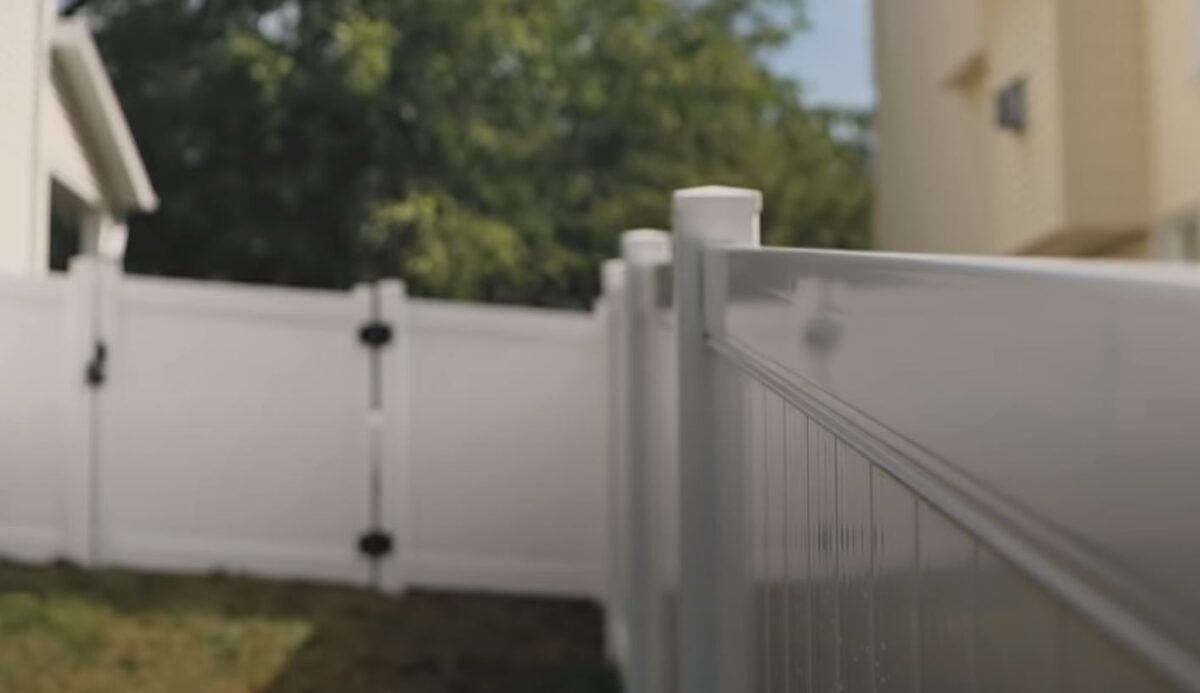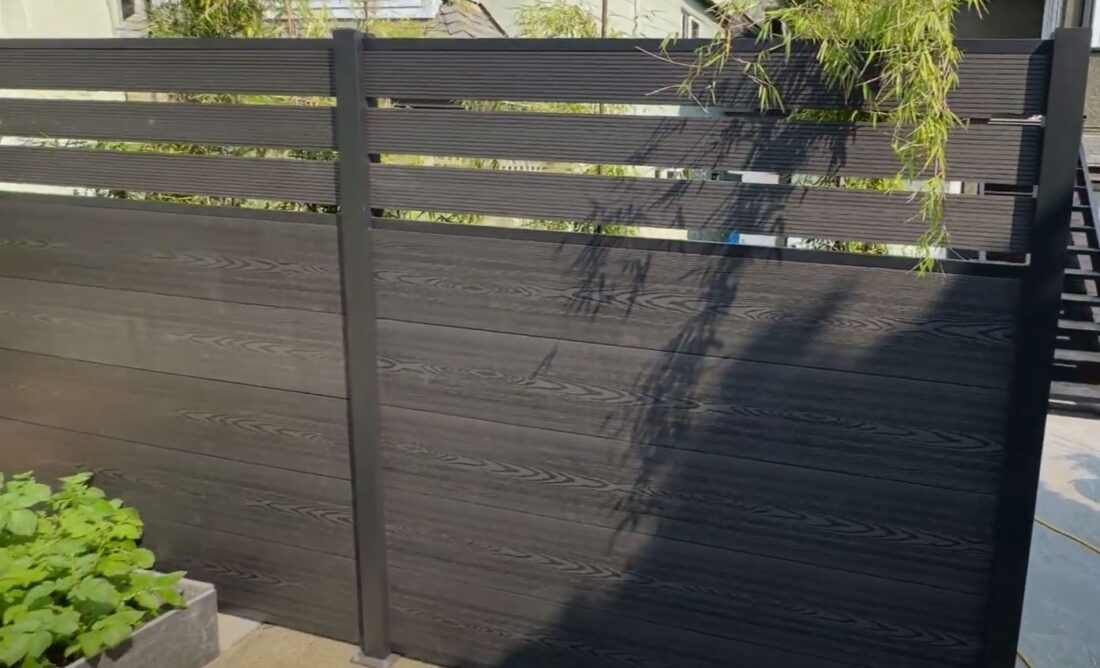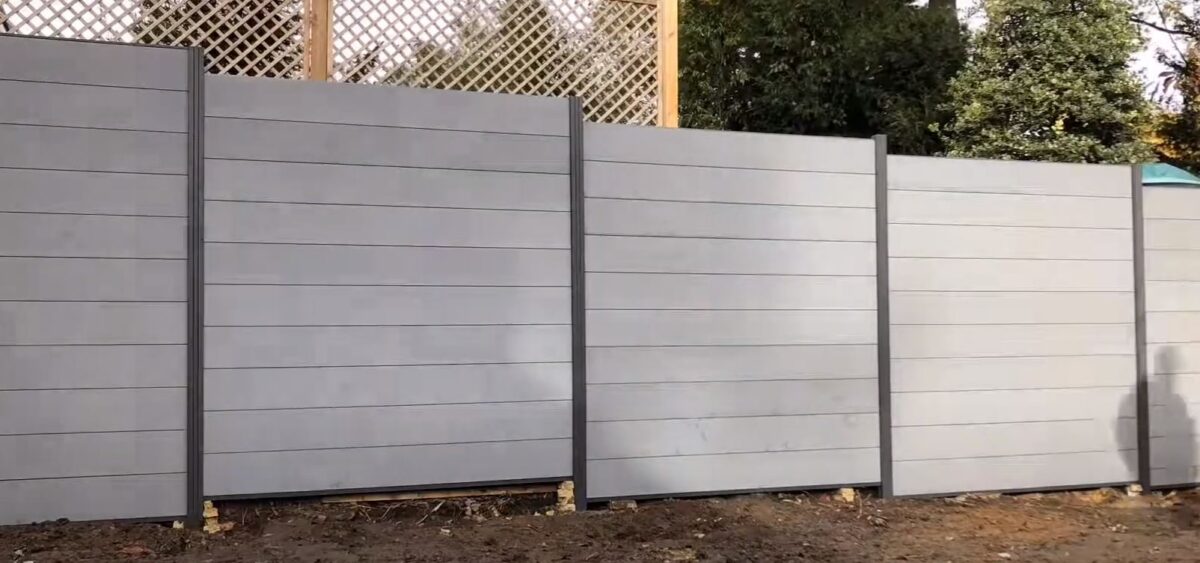Vinyl Fencing and Auckland’s Dynamic Weather
Understanding Vinyl Fencing
Vinyl fencing, often referred to as PVC fencing (Polyvinyl Chloride), has become an increasingly popular fencing option. Its sleek design, combined with its promise of low maintenance, has led many Auckland homeowners to consider this option over traditional materials such as wood or metal.
How Auckland’s Climate Challenges Fencing Options
Auckland is renowned for its diverse weather patterns. With frequent rainfall in winter, bouts of humidity in summer, and the occasional strong wind, any fence in this city needs to stand firm. This means that the chosen fence material needs to resist moisture, handle temperature fluctuations, and stand strong against gusty challenges.
Vinyl Fencing’s Response to Auckland’s Weather
While wood might warp and metal may rust, vinyl fencing remains unfazed by moisture. This makes it particularly effective in resisting the rot and mildew issues that Auckland’s regular rainfall might cause. Additionally, vinyl doesn’t absorb water, eliminating the risk of moisture-induced damage. The suburb of Howick, known for its coastal location, would greatly benefit from such moisture-resistant properties.
In terms of UV resistance, which is crucial during sunnier days, especially in Auckland’s summers, vinyl fences come with UV inhibitors. These ensure that the fencing doesn’t fade, peel, or crack with prolonged exposure to sunlight.
However, one challenge for vinyl fences could be Auckland’s wind. Although they’re fairly sturdy, in extremely high winds, especially if the fence is not properly anchored, there could be risks of damage.
Safety and Health Considerations
When considering any fencing material, safety should always be a top priority. Vinyl fencing doesn’t splinter, making it a safer option, especially for households with children and pets. Additionally, it doesn’t require treatments with potentially harmful chemicals for maintenance, ensuring that your home environment remains toxin-free.
Alternative Fencing Options in Auckland
While vinyl offers many benefits, other materials also have their merits:
- Wooden Fences: Traditional and aesthetically pleasing, but requires regular maintenance. Good for areas that desire a natural aesthetic, such as New Lynn, which boasts lush green spaces and parks.
- Metal Fences: Robust and long-lasting, though they can be prone to rust if not appropriately treated.
- Composite Fences: A blend of wood and plastic, it offers the aesthetics of wood with the durability of plastic.
Cost Implications and Value for Money
Vinyl fencing might come with a slightly higher initial cost compared to some wooden options, but the reduced maintenance expenses balance out the cost over time. When considering long-term value and the minimal upkeep required, vinyl often proves more cost-effective.
Council Considerations and Local Regulations
Installing a fence in Auckland requires one to be mindful of local bylaws and regulations. Depending on height and location, especially in suburbs like Howick and New Lynn, permits might be needed. Always check with your local council and understand the necessary requirements to avoid any potential issues.
Summary Table: Fencing Options Comparison
| Material | Pros | Cons |
| Vinyl | Low Maintenance, UV Resistant, Water-Resistant | Might be affected by strong winds |
| Wood | Natural Look, Customisable | Requires regular maintenance |
| Metal | Durable, Strong | Can rust, needs treatment |
| Composite | Blend of durability and aesthetics | Slightly more expensive |
Final Thoughts
In conclusion, for Aucklanders seeking a blend of durability, aesthetics, and value, vinyl fencing is a strong contender. Before making a decision, consider your specific needs, local climate conditions, and budget. For expert advice and installation, consult with professional fence builders like Quality Fencing Auckland to ensure the best results for your home.
Frequently Asked Questions on Vinyl Fencing in Auckland
How does vinyl fencing stand up to Auckland’s frequent rainfall?
Vinyl fencing is moisture-resistant, ensuring it doesn’t suffer from rot or mildew, common issues in damp environments. This makes it a viable option for Auckland’s rainy weather patterns.
Is UV radiation from the sun a concern for vinyl fences?
No, vinyl fences are often manufactured with UV inhibitors. This means they can withstand prolonged exposure to sunlight without fading, peeling, or cracking.
Can vinyl fences handle Auckland’s wind conditions?
While vinyl fences are generally sturdy, in extremely high winds, especially if not properly anchored, there could be potential risks of damage. Proper installation is key.
Do vinyl fences require regular maintenance?
One of the main benefits of vinyl fencing is its low maintenance. It doesn’t need to be painted or stained and can be easily cleaned with water and mild soap.
Is vinyl fencing safe for households with children and pets?
Absolutely. Vinyl fences don’t splinter, making them safer than some wooden counterparts. They also don’t require treatments with harmful chemicals, ensuring a toxin-free environment.
How does the cost of vinyl fencing compare to other materials?
While the initial cost might be higher than some alternatives, the minimal maintenance required often makes vinyl a more cost-effective option over the long run.
Are there any Auckland-specific regulations regarding fence installations?
Yes, depending on the height and location of the fence, especially in certain suburbs, permits might be needed. Always consult with the local council to understand the specific requirements.
What is the average lifespan of a vinyl fence?
With proper care, a vinyl fence can last anywhere from 20 to 30 years, sometimes even longer.
Is it environmentally friendly to opt for vinyl fencing?
Vinyl fences can be recycled, making them a more environmentally friendly option compared to other non-recyclable materials. However, it’s essential to choose high-quality vinyl to ensure longevity and reduce the frequency of replacements.



